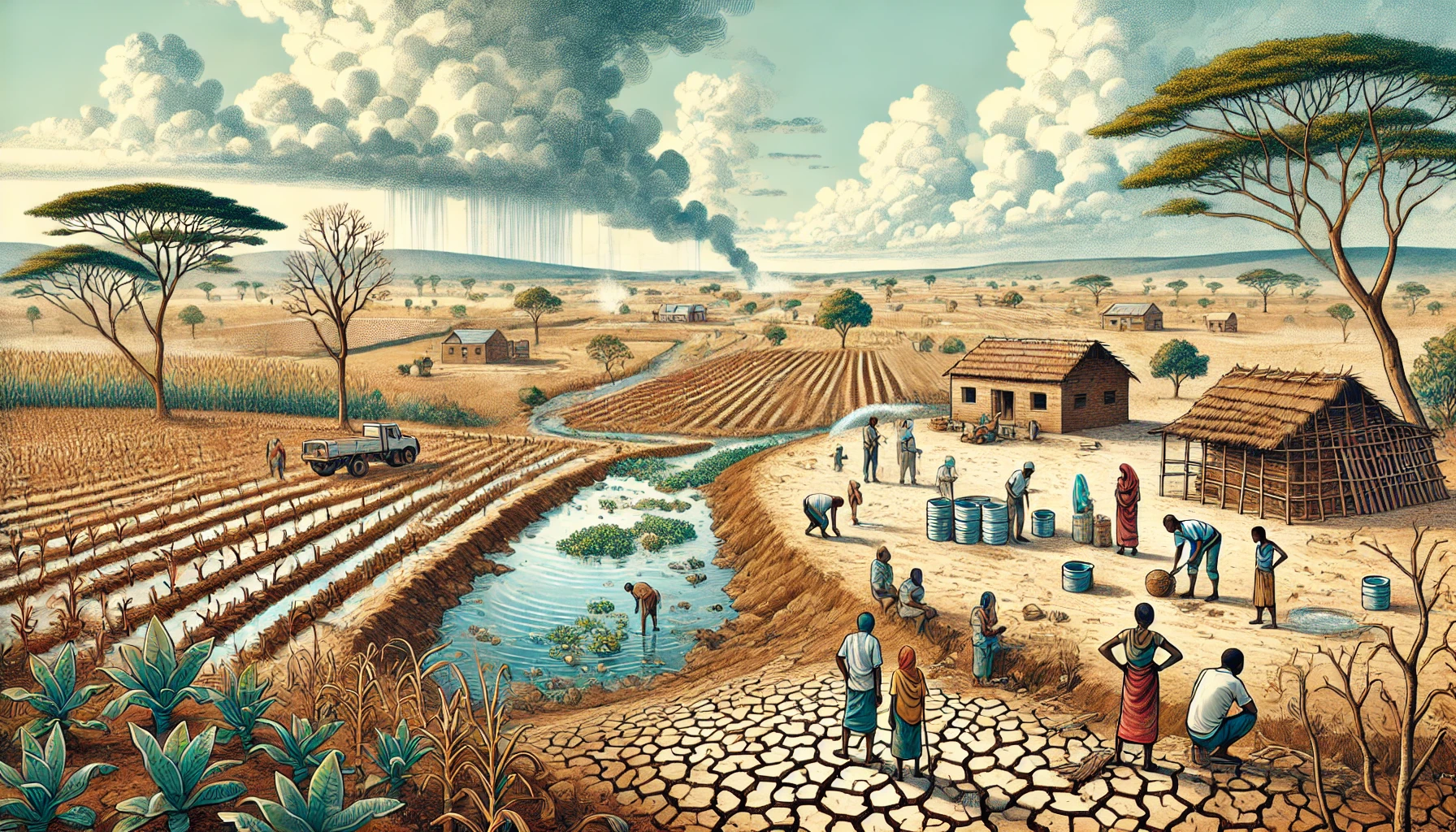In a significant report presented to the 79th session of the UN General Assembly, Surya Deva, the Special Rapporteur on the right to development, emphasized that developed nations and major corporations—particularly those in the fossil fuel industry—must acknowledge their historical responsibilities in addressing the adverse effects of climate change on the right to development and other human rights.
Deva proposed a comprehensive climate justice framework that consists of four essential pillars: mitigation, adaptation, remediation, and transformation, alongside 12 overarching human rights principles. This framework is designed to guide the climate-related actions of states, multilateral development banks, businesses, and other stakeholders.
He remarked, “As climate change impacts all human rights, the time has come to develop international climate law in line with international human rights law. Affected individuals and communities should be able to seek effective remedies for past, current, and future climate change-related loss and damage.”
The report highlights the urgent need for transformation within the current economic order, including the international financial architecture and business models, which often prioritize cumulative economic growth while exacerbating inequalities both within and among nations. “This approach not only destroys the planet but also perpetuates existing disparities,” Deva stated.
The Special Rapporteur pointed out the stark inequalities in climate change impacts, noting that while the 74 lowest-income countries contribute only one-tenth of the world’s greenhouse gas emissions, they face the most severe consequences of climate change. “It is paradoxical that least developed countries and small island developing states that have contributed the least to climate change are the most exposed to its impacts,” he explained. Vulnerable groups, including children, women, the elderly, migrants, persons with disabilities, and Indigenous Peoples, are disproportionately affected by climate change.
The establishment of a Fund for Responding to Loss and Damage is acknowledged as a crucial step toward achieving climate justice. However, Deva stressed the importance of the World Bank, which is acting as the interim trustee of the Fund, and the Fund’s Board in integrating fundamental human rights principles into its administration.
“The Fund should mobilize adequate additional resources, including tapping into innovative funding sources such as a wealth tax on the super-rich and a carbon tax on fossil fuel companies,” Deva proposed. He emphasized that the Fund must be accessible to affected communities, incorporate gender-transformative approaches, and adopt participatory decision-making processes, with a focus on offering grants to avoid exacerbating the debt burdens of developing countries.
This framework and its recommendations highlight the urgent need for collective action and accountability in addressing the climate crisis, ensuring that the voices of marginalized communities are heard and that their rights are protected in the face of environmental degradation. The call for an integrated approach underscores the intersectionality of climate change, human rights, and development, urging a more equitable and just response to one of the most pressing challenges of our time.











